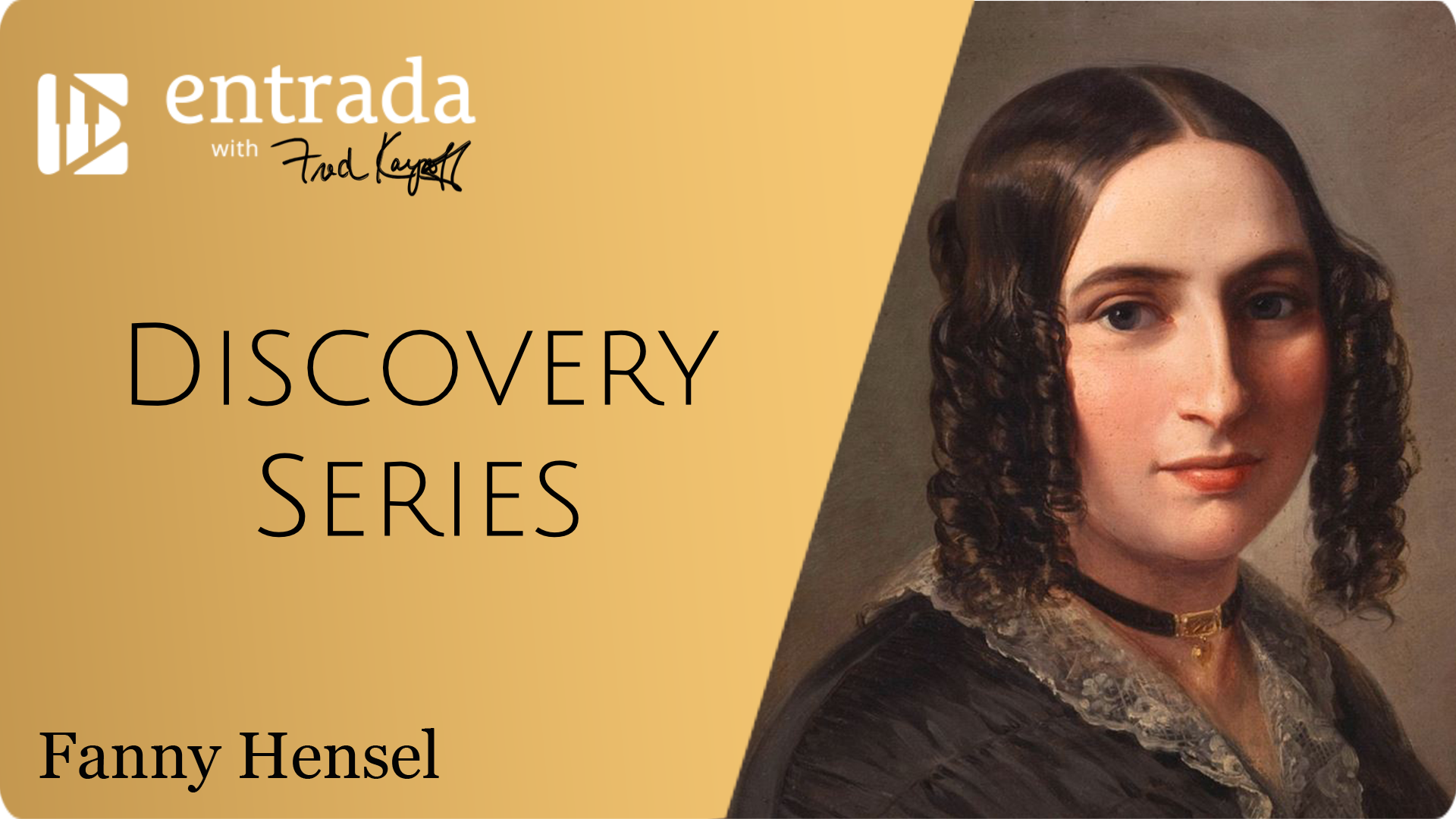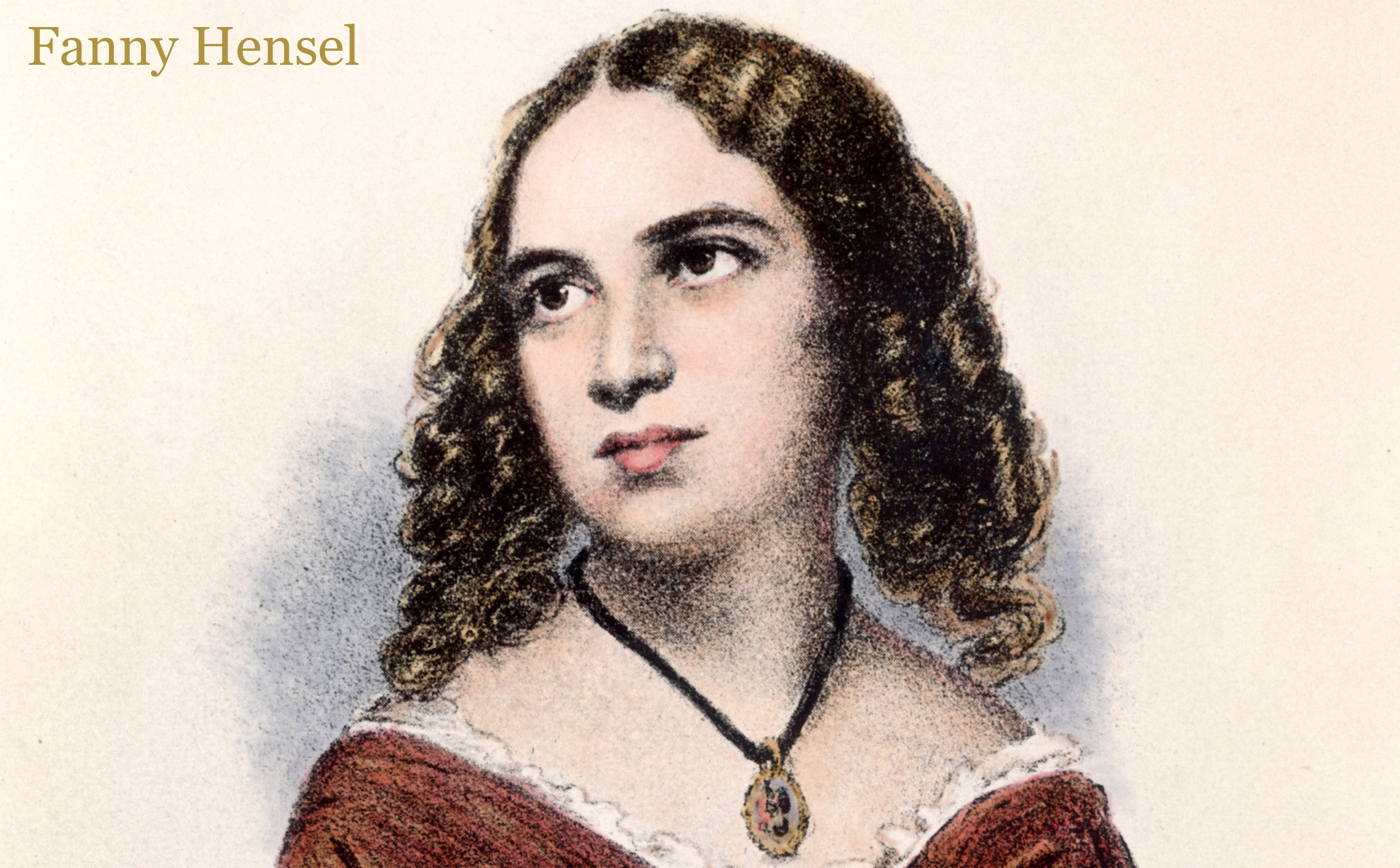
January 20, 2022
Discovery Series: Hensel
All posts
I’m about to begin teaching a piano literature course (ca. 1700-1850) and I’m excited to explore, in greater depth, the music of many women who previously were only treated as “footnotes” in the progression of music history.
A female composer born 1805 in Hamburg, Fanny Mendelssohn was denied the encouragement and opportunities enjoyed by her famous brother, Felix. Nevertheless, she displayed tremendous musical gifts herself and composed over 500 works, including well over 125 piano pieces and 300 songs.
Only through the support of her husband and mother did she first publish a set of songs under her married name, Fanny Hensel, in 1846. She died following a cerebral hemorrhage in May 1847. (A medical mystery that continues to be researched is the Mendelssohn family connection of the same cause of death for Fanny’s father, grandfather and, only six months after Fanny, Felix.)

Compelling evidence suggests that Fanny’s pianism at least equaled her brother’s, and Felix credited her with being his most discerning and trusted confidante for feedback to improve his works. Fanny continues to fascinate and serve as a captivating example of “what might have been,” amidst societal constraints on her creative development.
The Melodie in C-Sharp Minor, Op. 4 No. 2 is an enchanting miniature that provides the chance to explore cantabile, finger substitutions, redistributions between the hands and–one of my favorite musical topics–hairpins. In the case of Hensel, it’s especially interesting because she is one of the very few composers known to have written specifically about hairpins.
Although her statement below doesn’t fully capture all of the nuances, her intent is consistent with important research regarding hairpins that spans the compositions of Beethoven through Chopin and Brahms and into the 20th Century. It’s clear that, to Hensel, hairpins signified rubato. About one work, she wrote:
“This piece must be performed with much variety in tempo, but always gently, and without abrupt modulation [or change]. The signs [open hairpin – closed hairpin] stand for accelerando and ritardando.”
I encourage you to explore Hensel’s extensive output as more and more becomes available–starting with this Melodie.

Access the full Masterclass, and many more, inside Entrada!




Leave a Reply